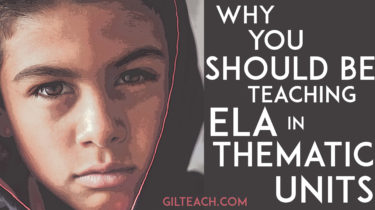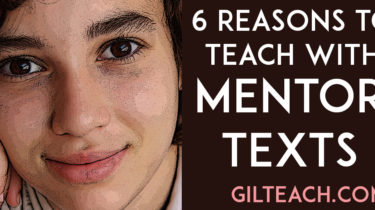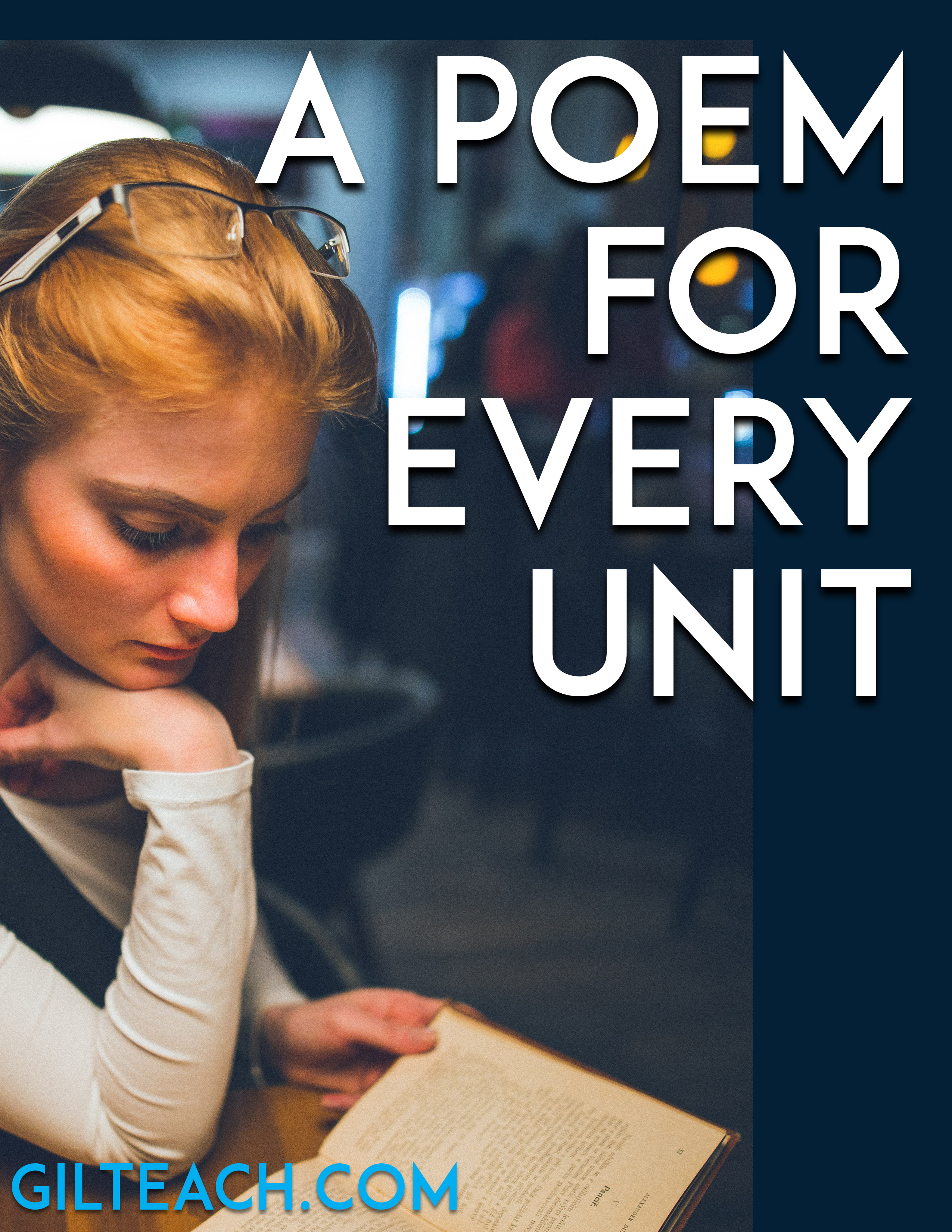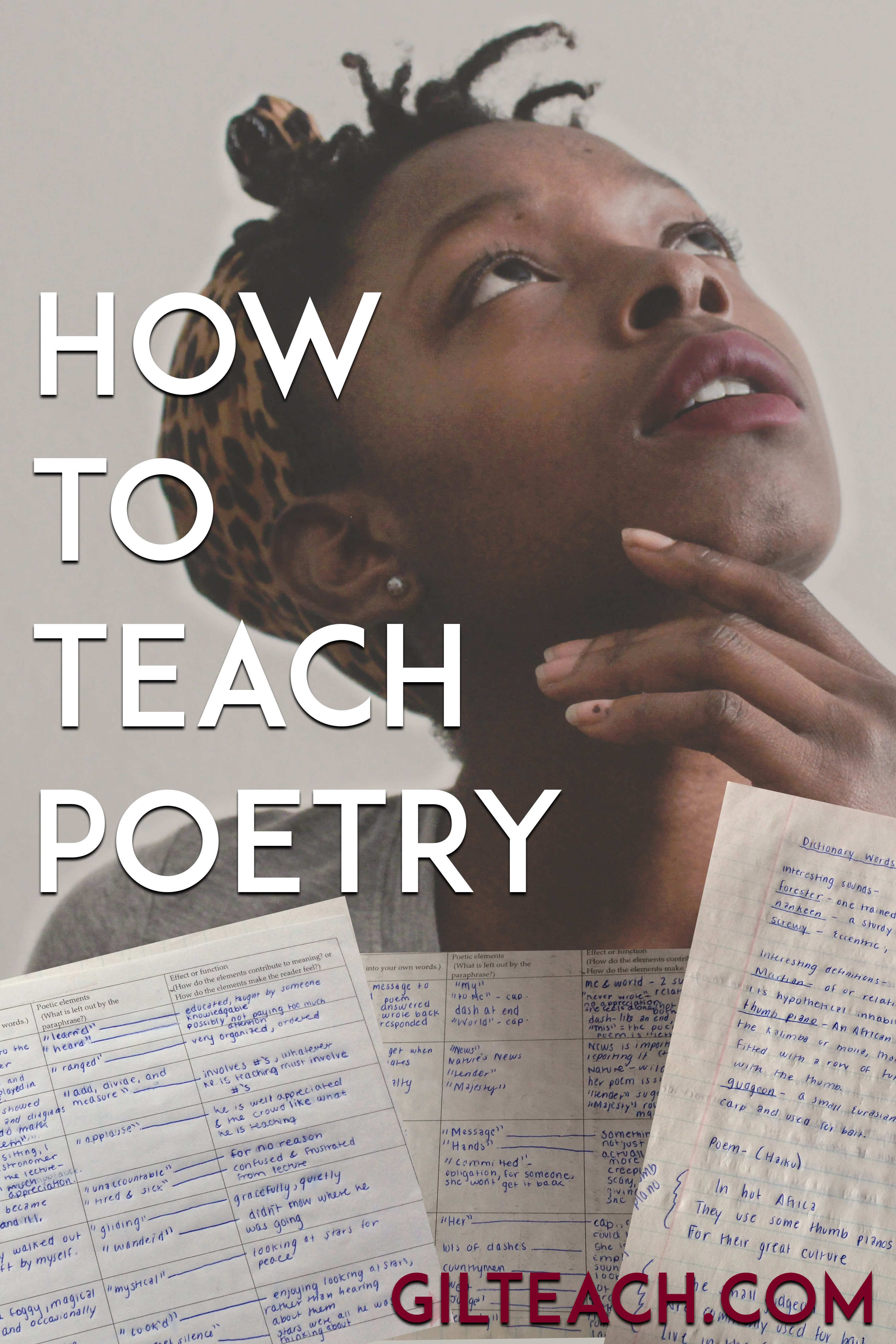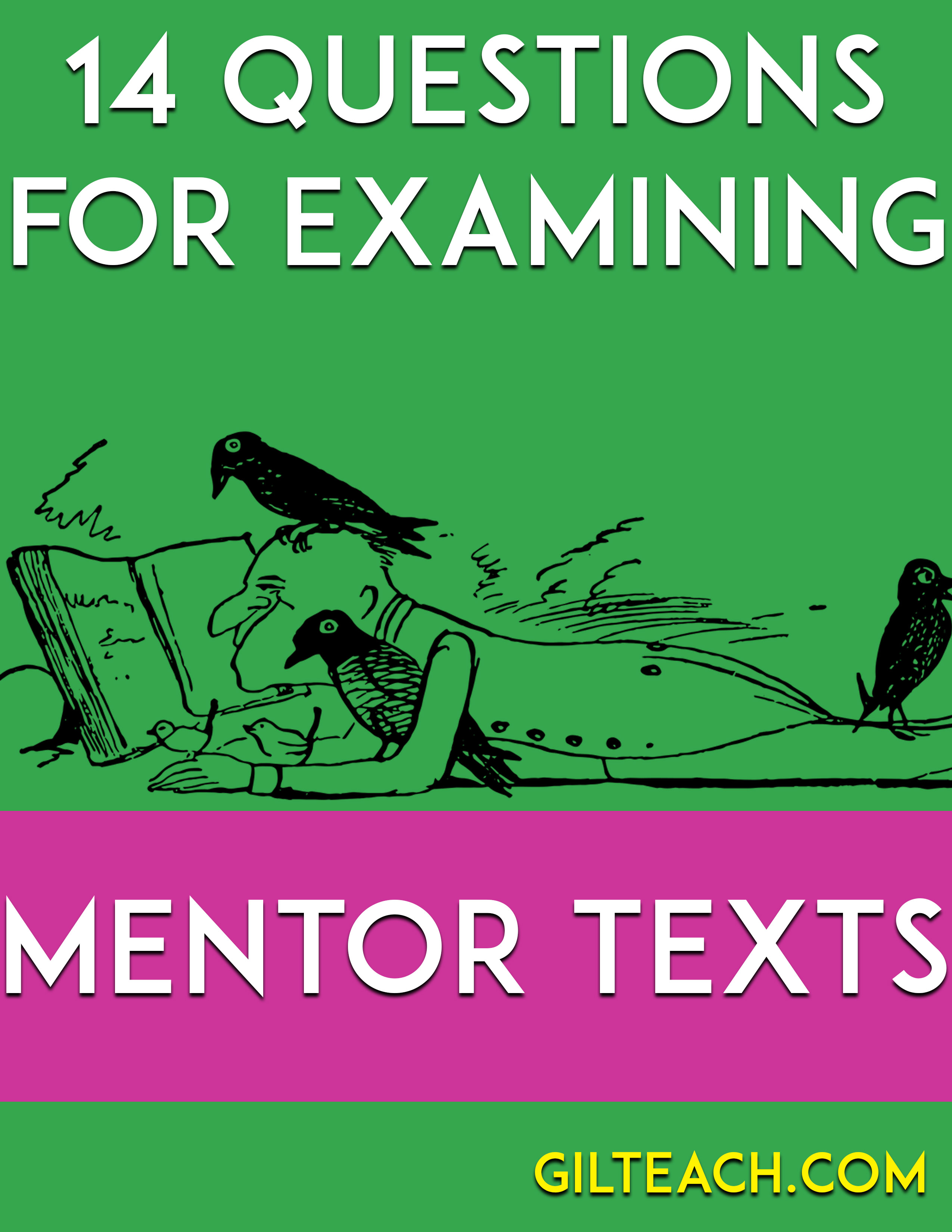7 Ideas For Experiencing Poetry
April is national poetry month, which means that teachers all over will feel obligated to dust off their ancient books of rhyme. But poetry doesn’t have to be full of archaic words and stuffy meter. With some engaging and innovative lessons, poetry can be fun and challenging and the best part of the year. Here are 7 ideas to experience poetry this month. Do some Madlibs. One of my favorite low-key ways to get students experiencing poetry from the inside
Read more


